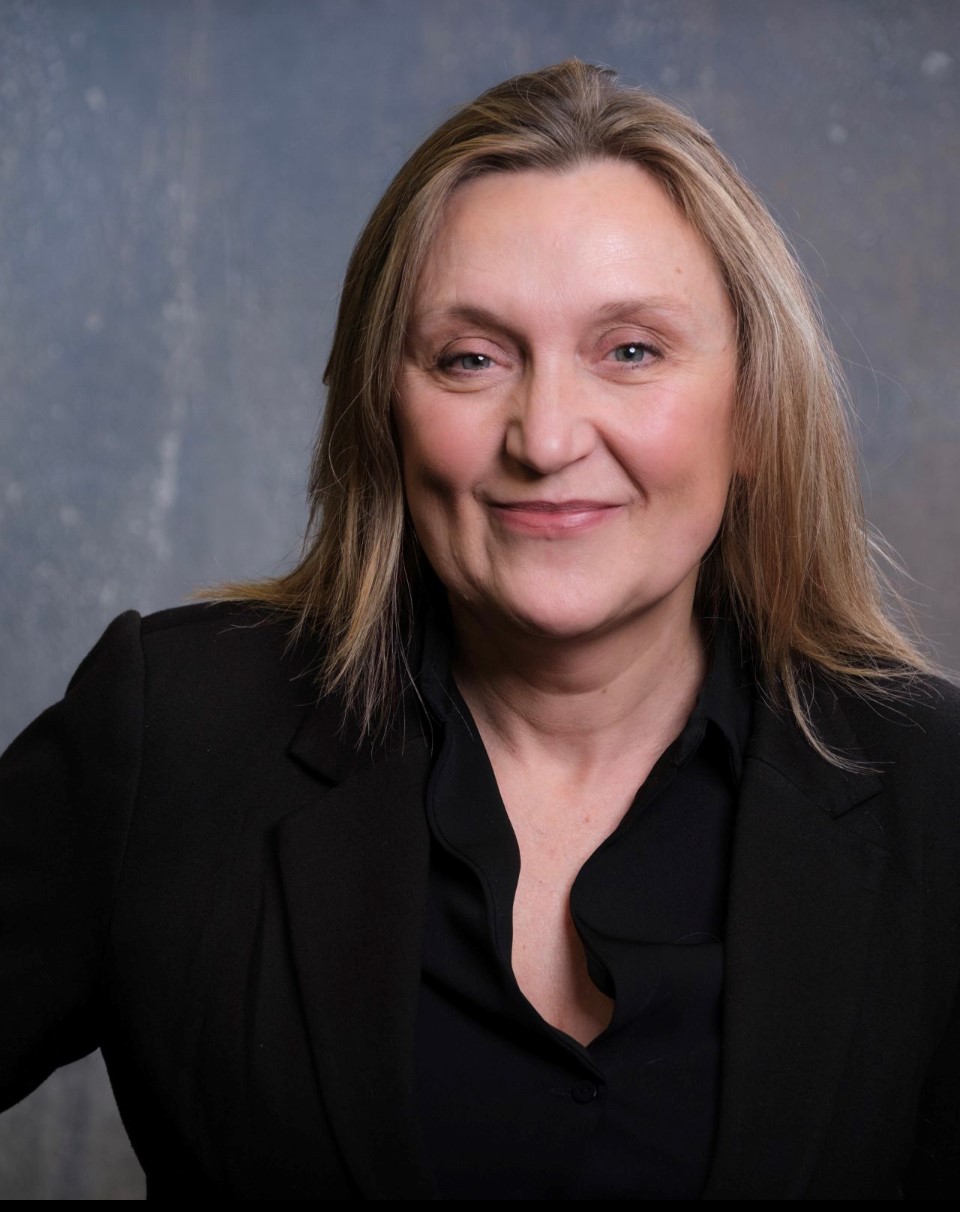Family
At AFG LAW, we understand that any issues relating to Family Law are often both emotive and challenging. That’s why our award winning team are committed to dealing with all Family Law disputes in both a constructive and compassionate manner, placing the client at the very heart of everything we do. Our focus is preserving people’s dignity and encouraging mutual agreements, advocating to receive the best possible outcomes for our clients.
As a firm, we have 125 years of experience in all areas of Family Law, including representation in divorce cases, child contact and residence, child protection cases and domestic violence cases.

Our Family Law Team
Meet us allOur services
Children
Relationship Breakdown
Domestic Abuse
We’d love to chat!
If circumstances mean you need the services of a solicitor, it can be daunting. We appreciate this and so we’re always happy to have an initial chat to discuss how we can assist you best.
It goes without saying, every conversation is in the strictest of confidence.








